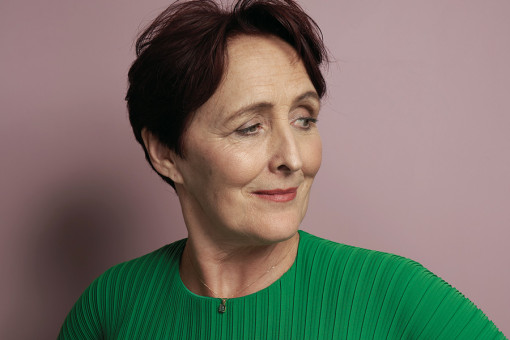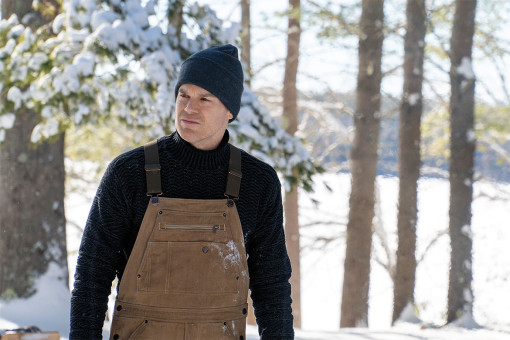She's the cat who wants to cuddle but still bites, the frenemy who flirts with your boyfriend, the favorite salad that's unexpectedly loaded with calories.
From the moment you see Jodie Comer's scheming, cocky assassin knock gelato into the lap of a little girl in BBC America's breakthrough hit Killing Eve, you know you can't trust her. Yet you desperately want to spend more time with her.
"In every other kind of story, I feel like it would be black and white, and she's a villain and people should dislike her," Comer says of Villanelle, the globe-trotting killer she plays in this adaptation of Luke Jennings's novellas.
Comer, a BBC regular seen on American screens in Starz's The White Princess, adds, "I found myself relating with her. Like, when she flicks the ice cream? Anyone who says they haven't thought about that is a big, fat liar."
Even Villanelle's accent gives the native Liverpudlian some fun, as her character is fluent in, for starters, French, Italian, English and Russian. Comer says the dialect creation began during her audition, when the producers asked her for "something that wasn't too strong [and] that was still questionable of where she's from."
For these reasons and others, fans sympathize with costar Sandra Oh's Emmy-nominated portrayal of the titular Eve Polastri. A British intelligence officer, she is alternately guilt-ridden about her infatuation with Villanelle — knowing full well that the killer's survival puts Polastri and her husband at risk — and possessed of a vengeful need to take her down.
In season two, now available also on AMC, an injured Villanelle struggles to, in Comer's words, "get back to the kind of life that she used to live" — even as she feels both admiration and hurt over Eve's actions.
The sophomore season brings staff changes. Creator Phoebe Waller-Bridge, also the creator-star of Amazon's Fleabag, will continue to executive-produce, while actress Emerald Fennell of PBS's Call the Midwife steps up as head writer.
Having thespians oversee scripts has been a blessing, Comer relates. "There is an understanding there when they're on both sides of the camera. You're coming at things from a different angle." One theme that carries through to the second season is misconceptions about the nature of some female friendships.
"We, as women, have these infatuations with other women, regardless of whether it's sexual or not," Comer says. "It could be an admiration or an intrigue. It's something that hasn't been really explored onscreen. What's so great about Phoebe is she brings these feelings — that maybe we wouldn't admit or talk about — to the forefront."
Comer also enjoys flipping the gender on what we've come to expect from alluring cat-and-mouse story tropes like those seen on Showtime's Dexter or NBC's Hannibal.
"She has the traits of a sociopath — you know, she kills people for a living — but there isn't a huge gravitas to her," Comer says of her character, a clotheshorse who can ace a deadpan one-liner and loves to indulge in the finer eccentricities of life. "From what I've seen onscreen, these people can be very serious and so tense. What I loved is that she can have this childlike quality."
No matter how popular a show is, it has to end... but how? At some point, the thrill of the hunt will subside, and only one of these women will persevere.
"How long will it go? I don't know. But I'm having the best time so far," Comer says with a laugh. Well, her character is skilled at skirting mortality.
Viewers can catch up on Killing Eve on Hulu, Amazon, iTunes and other platforms.
This article originally appeared in emmy magazine, Issue No. 3, 2019












